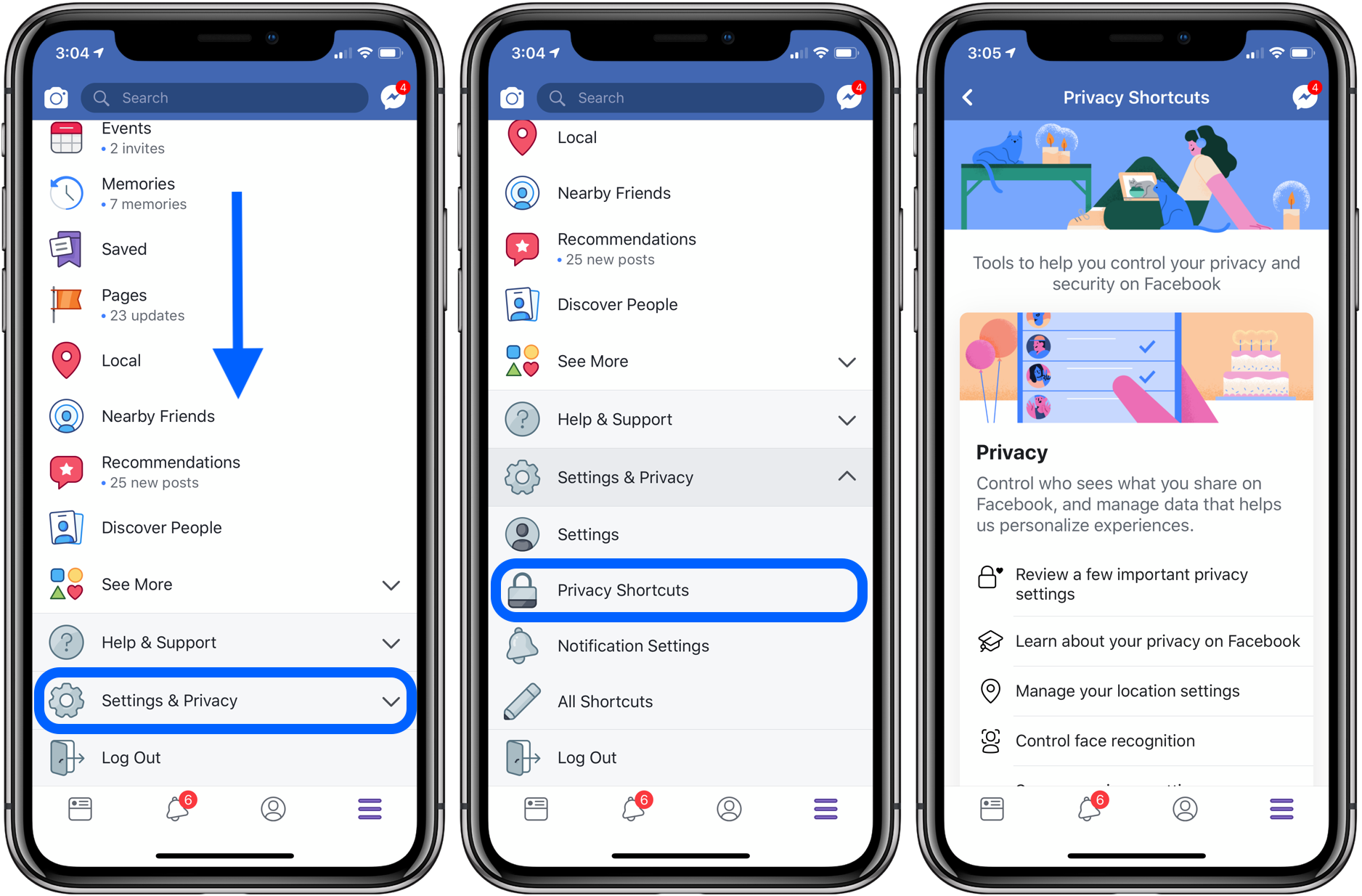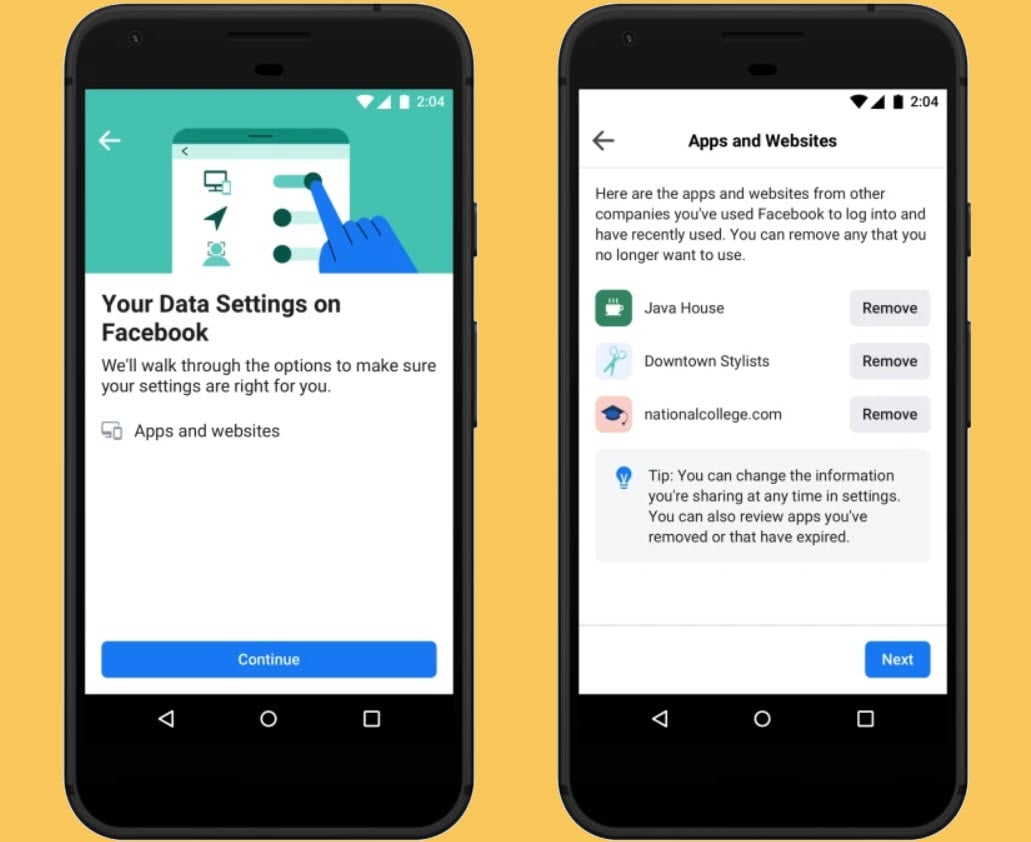

The social media network also agreed to pay a $650 million settlement last year after a lawsuit claimed the tagging tool violated Illinois’s Biometric Information Privacy Act. In response to growing opposition to the technology, Facebook made the facial recognition feature opt-in in 2019. Since then, pivotal studies from researchers like Joy Buolamwini, Timnit Gebru, and Deb Raji have also shown that facial recognition can have baked-in racial and gender bias, and is particularly less accurate for women with darker skin. Privacy experts raised concerns immediately after the feature launched.

The DeepFace artificial intelligence technology, which was developed from pictures uploaded by Facebook users, helps match people’s facial templates to faces in different photos.
PHOTO PRIVACY FACEBOOK MOBILE SOFTWARE
The software is informed by the photos people post of themselves, which Facebook uses to create unique facial templates tied to their profiles. The idea was that letting an algorithm automatically suggest tagging a particular person in a photo would make it easier than manually tagging them and, perhaps, encourage more people to tag their friends. Facebook originally launched this tool in 2010 to make its photo-tagging feature more popular. That facial recognition for photo-tagging is leaving Facebook, also known as the “ big blue app,” is certainly significant. “For any potential future applications of technologies like this, we’ll continue to be public about intended use, how people can have control over these systems and their personal data, and how we’re living up to our responsible innovation framework.” “We believe this technology has the potential to enable positive use cases in the future that maintain privacy, control, and transparency, and it’s an approach we’ll continue to explore as we consider how our future computing platforms and devices can best serve people’s needs,” Grosse told Recode. Meta is also keeping DeepFace, the sophisticated algorithm that powers its photo-tagging facial recognition feature. In fact, Meta is already exploring ways to incorporate biometrics into its emerging metaverse business, which aims to build a virtual, internet-based simulation where people can interact as avatars. While Meta says that facial recognition isn’t a feature on Instagram and its Portal devices, the company’s new commitment doesn’t apply to its metaverse products, Meta spokesperson Jason Grosse told Recode. This decision represents a major step for the movement against facial recognition, which experts and activists have warned is plagued with bias and privacy problems.īut Meta’s announcement comes with a couple of big caveats. In a Monday blog post, Meta, the social network’s new parent company, announced that the platform will delete the facial templates of more than a billion people and shut off its facial recognition software, which uses an algorithm to identify people in photos they upload to Facebook.

Facebook says it will stop using facial recognition for photo-tagging.


 0 kommentar(er)
0 kommentar(er)
